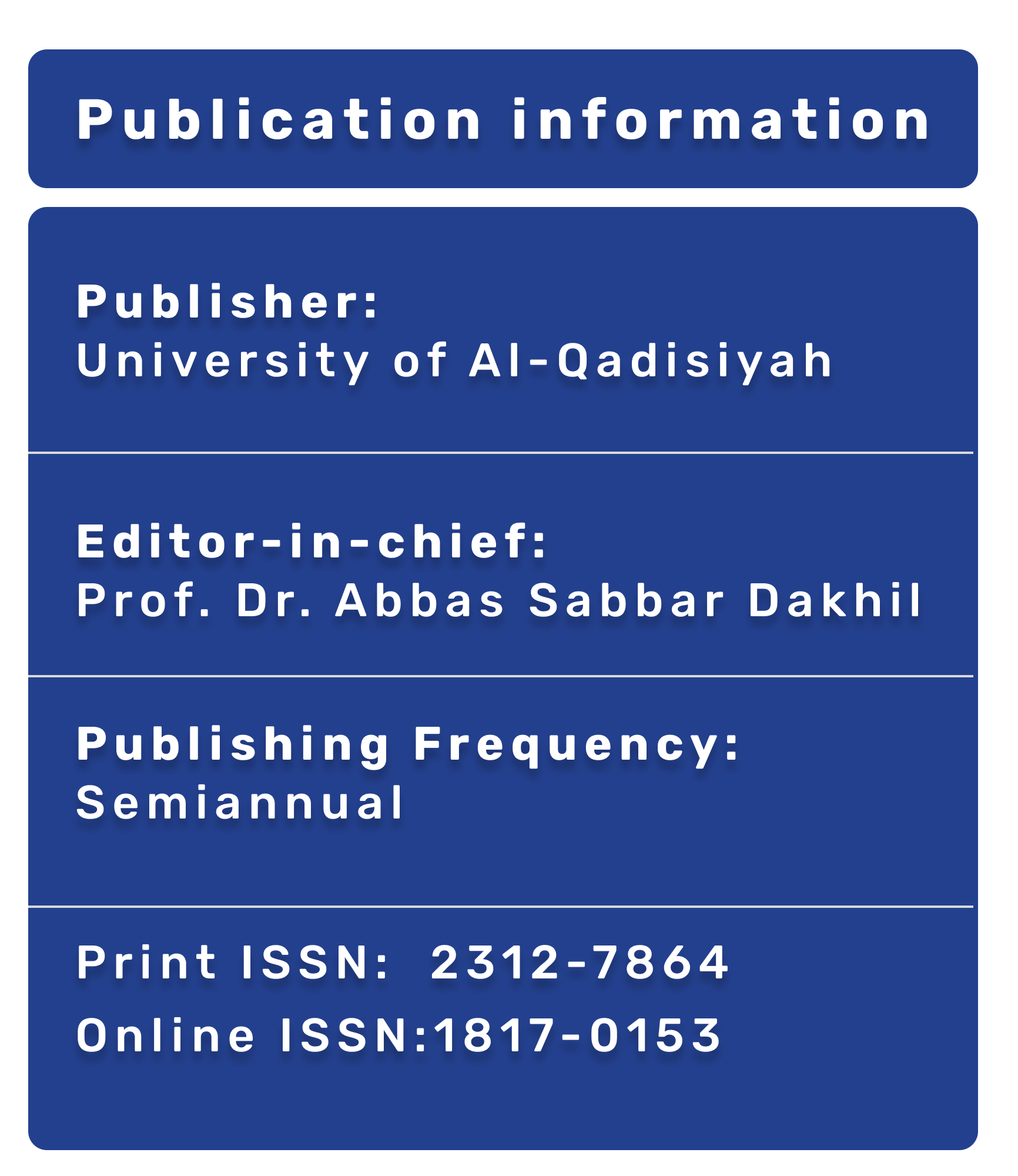Antibacterial susceptibility patterns of Klebsiella pneumoniae isolates from vaginitis cases of pregnant women in Baghdad city
DOI:
https://doi.org/10.28922/qmj.2014.10.17.196-203Keywords:
Vaginitis, Antibacterial susceptibility profile, Klebsiella pneumoniaAbstract
There are large numbers of microorganisms, the vast majority of which are bacterial species, are known to colonize and form complex communities, or microbiota, at various sites within and on the human body. Bacterial vaginosis (BV) is the most prevalent lower genital tract infection in women of reproductive age throughout the world. The purpose of this study was to detect Klebsiella pneumoniae bacterium as a causative agent of bacterial vaginosis of pregnant women and its antibacterial pattern in Baghdad city. A cross sectional study to assess the incidence and the antibacterial susceptibility patterns of Klebsiella pneumoniae isolates in pregnant women who were presented at many hospitals of Obstetrics and Gynecology in Baghdad city during 2012. A total of 450 vaginal swabs from pregnant women (in first three months of pregnancy) with history of fever, vaginal discharge and other clinical symptoms were investigated , by using different bacterial cultures to identified and diagnose the bacterial isolates. The frequency of 128 bacterial isolates were diagnosed Staphylococcus epidermidis 50 (39.06%), Escherichia coli 29 (22.6%), Klebsiella pneumoniae19 (14.8%), Streptococcus spp.14 (10.9%), Lactobacillus spp.8 (6.2%), Citrobacter freundii 6 (4.6%), and Serratia spp.2 (1.5%). The antibacterial susceptibility patterns of Klebsiella pneumoniae only Ciprofloxacin showed 100% sensitivity in-vitro. While Clarithromycin, Amoxicillin, Pipracin, Streptomycin, Trimethoprim, Cefotaxime, Azitreonam, Augmentin and Gentamicin showed varied sensitivity / resistance responses. These findings suggest an increasing of resistance to the antibacterial agents that commonly used for vaginitis and the rate at which bacteria become resistant to antibacterial agents are of public health concern. This calls for routine bacteriological culture and sensitivity test in the management of bacterial vaginitis. Further, the provisions of adequate health care that keeping the women vagina healthy and maintain human public health.








